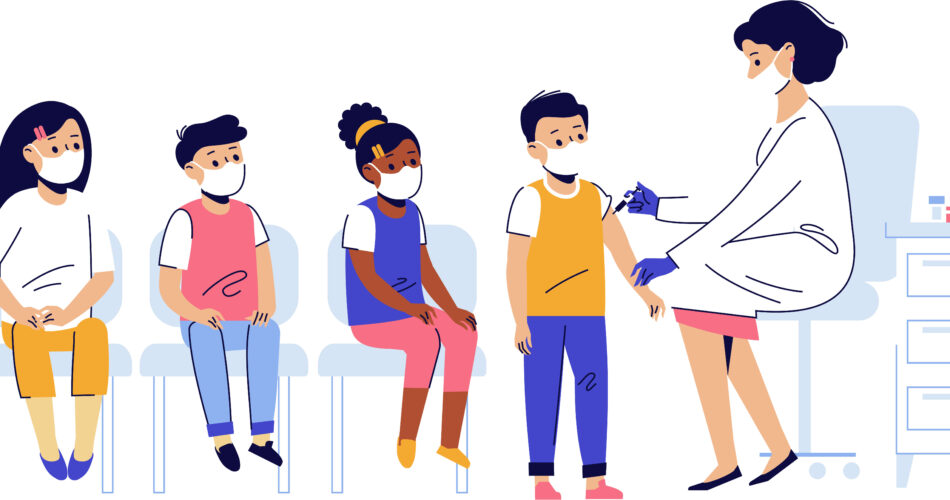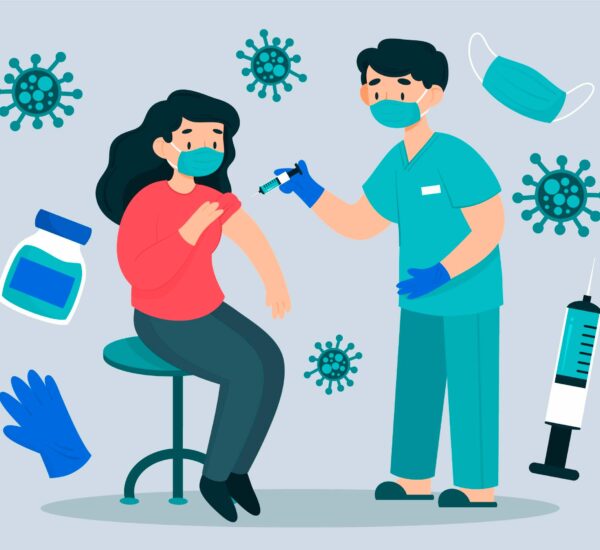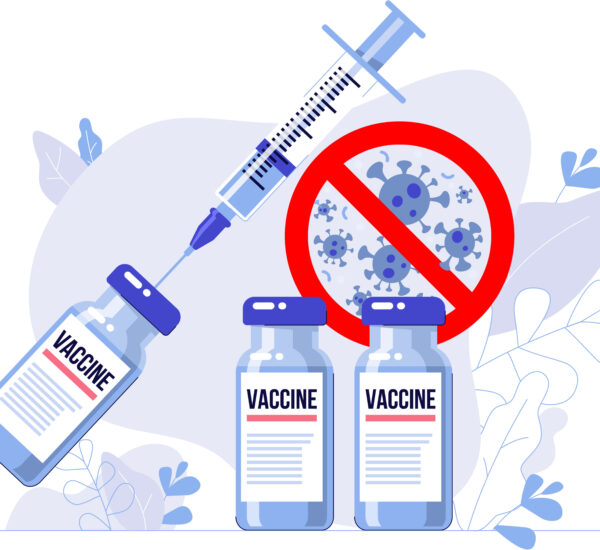Human Papillomavirus (HPV) is a major contributor to a wide range of cancers and diseases, impacting millions of individuals globally. In the Philippines, where HPV-related health issues are significant, it is crucial to understand and have access to HPV vaccination. This guide provides in-depth information on the various types of HPV vaccines available in the Philippines, who should receive the vaccination, and how these vaccines can effectively manage and prevent HPV infections.
Understanding HPV and Its Impact
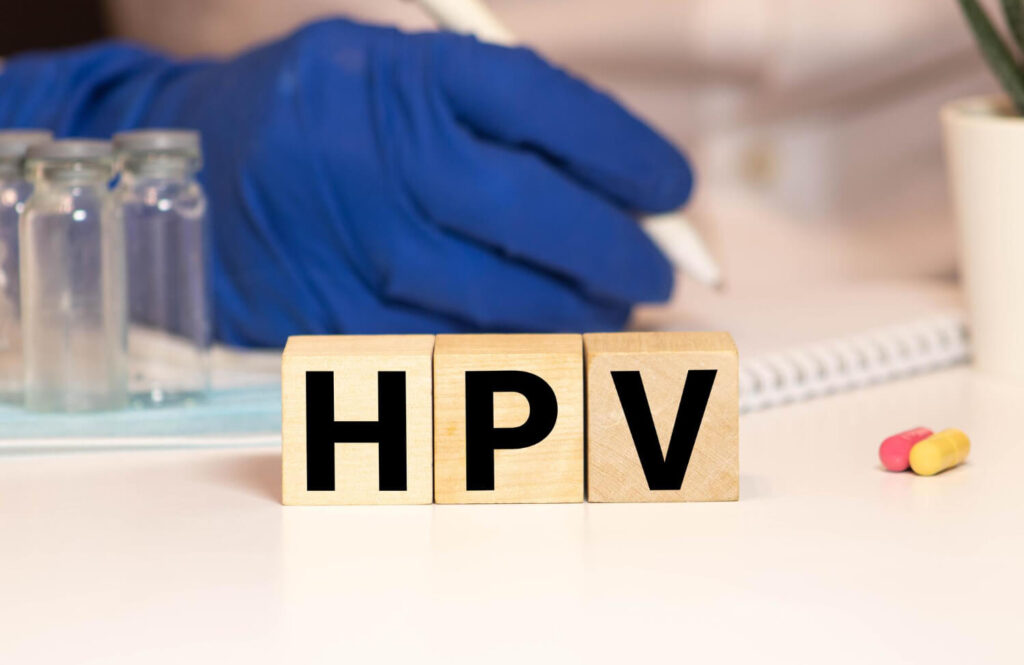
What is HPV?
One of the sexually transmitted infections that individuals can contract is HPV. It’s the leading cause of cervical cancer in women, and other cancer conditions involving the reproductive health of men and women. Aside from cancer conditions, its mild consequence involves genital warts, which can grow on the genital skin. In that case, people must prepare against the risk of infection from their sexually active lifestyle as it can lead to HPV.
According to the World Health Organization, HPV is a non-traceable condition due to its lack of symptoms. That means almost all people who engage in sexual contact can get infected without them knowing. Because of that problem, experts in medical health encourage early intervention in the form of HPV vaccination.
It is crucial to get vaccinated against HPV and for sexual partners to practice safe sex to reduce the risk of contracting or spreading the virus. Regular screenings and early detection can also play a key role in preventing the development of HPV-related cancers.
The Importance of HPV Vaccine in the Philippines
As mentioned, HPV vaccination is one of the promoted forms of intervention against the sexually transmitted infection. HPV has been a major threat in the Southeast Asia region, especially in the Philippines, which is why having initiatives available like HPV vaccine PH is a great deal. Unfortunately, not many people recognize the importance of the HPV vaccine in the Philippines. Despite the efforts of the DOH about the threat to health, other populations haven’t received their dose of the HPV vaccine.
According to the recommendations of WHO, individuals must receive the vaccine before they begin to engage in sexual endeavors. That’s why as early as 9 years of age, all genders must receive the HPV vaccine. By getting vaccinated, individuals can significantly reduce their risk of developing cervical, anal, and other HPV-related cancers, as well as genital warts. HPV vaccination is a crucial part of public health efforts to protect individuals from these potentially serious and life-threatening conditions.
HPV Vaccine Available in the Philippines
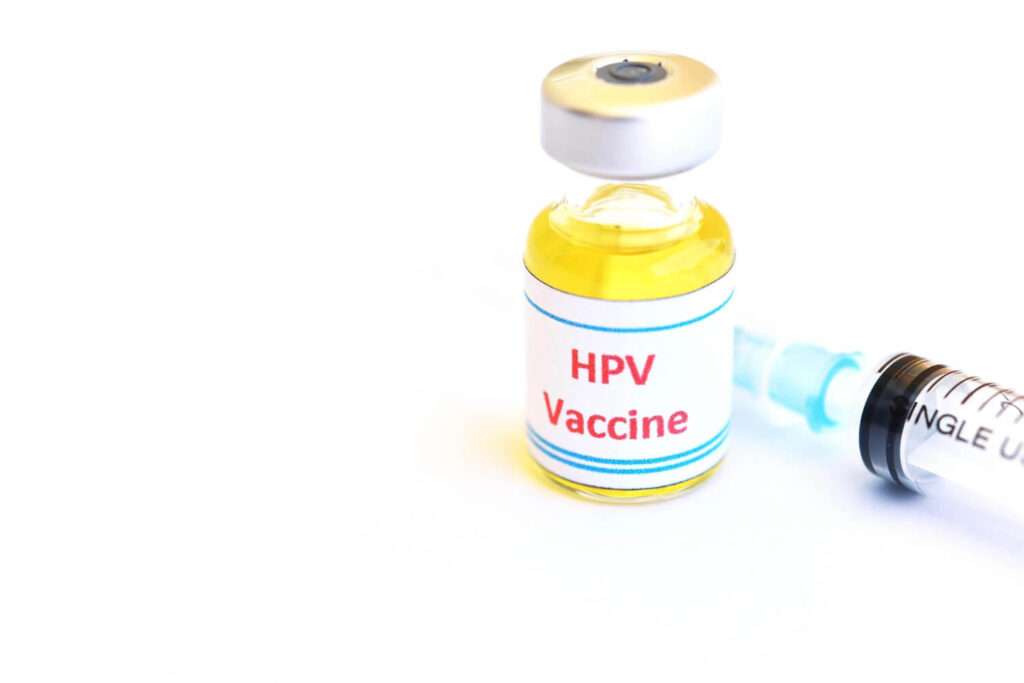
- Gardasil 9: Protects against nine HPV types 6, 11,16, 18, 31, 33, 45, 52, and 58 which cause about 90% of cervical cancer cases and most genital wart cases.
- Gardasil 4: Another available HPV vaccine in the Philippines that offers protection against four types of HPV, 6, 11, 16, and 18.
- Cervarix: Targets two high-risk HPV types, type 16 and 18, responsible for a large majority of cervical cancer cases.
Vaccine Availability and Accessibility
Immunization for HPV is accessible through private healthcare providers in hospitals, local health clinics, school-related health clinics, and others. Previously, it began in 2015 with the help of the Department of Health projects about HPV. That involves the introduction of the HPV vaccine in the Philippines via school-based administrations.
According to previous reports, DOH introduced a national immunization program to public schools nationwide, which involves 20 provinces that are highly at risk of HPV. This initiative focused on grade 4 students who are around 9 to 13 years of age, the target population identified as the ideal participants for the vaccine.
However, these covered provinces increased in the past year which are around 52 provinces. Despite this increase in areas where people can receive the HPV vaccine, the number of people getting vaccinated is still less. In that case, children who didn’t receive the vaccine may develop the HPV in later years. Thus, possibly leading to the development of new cases of cervical cancer.
With this current state, the World Health Organization aims for a more robust implementation of fighting HPV, which should be followed here in the Philippines. That involves ensuring to reach more of the targeted age group to receive the available HPV vaccine in the Philippines.
HPV Vaccine Eligibility in the Philippines
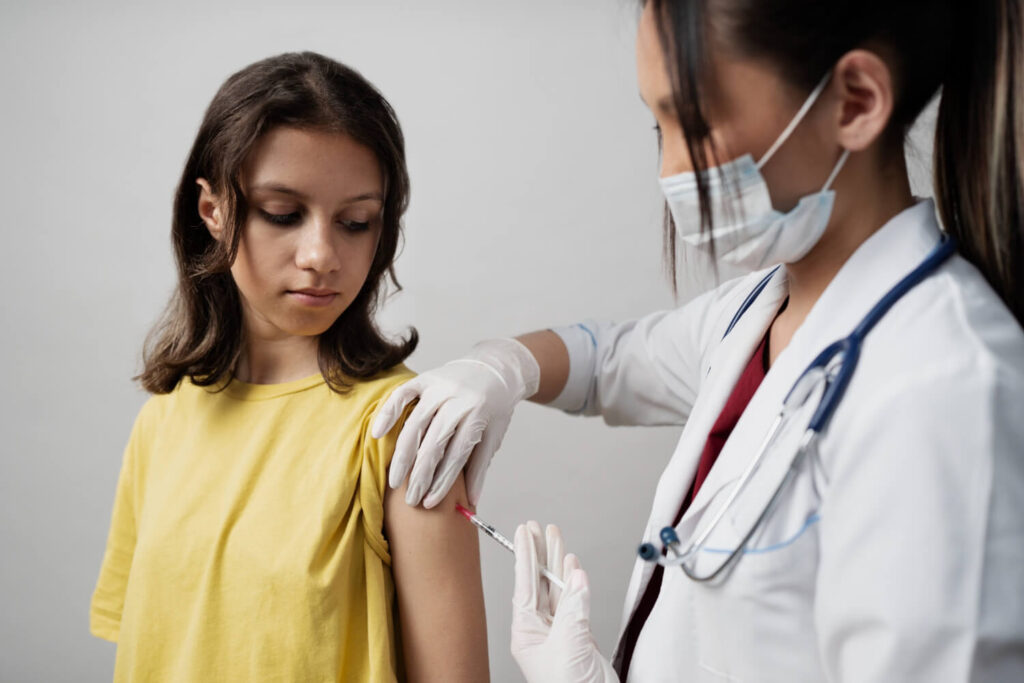
Who Should Get Vaccinated?
The HPV vaccine in the Philippines is targeted towards adolescents in a sample population aged 9 to 14. It is recommended for this age group as it offers the most effective protection before any potential sexual exposure in the future. Furthermore, guidelines now also recommend vaccination for women and men up to 45 years old, particularly if they have not been vaccinated before or are at high risk of new HPV infections.
Exceptions
- Pregnant Women: Vaccination is not recommended during pregnancy
- Allergic-related: People with a possible allergy to the vaccine content should not receive the vaccine.
- Immunocompromised Individuals: Those with compromised immune systems and related diseases may not respond well to the vaccine but are still advised to receive it under medical guidance.
Special Considerations
- Sexually Active Individuals: Young adults or adult individuals who are actively engaging in sexual contact must communicate with a healthcare provider for their vaccine eligibility.
Where to Get Vaccinated in the Philippines
Government Programs
The Philippine Department of Health has been integrating HPV vaccination into its school-based immunization program to target adolescent girls, aiming to reduce the future burden of cervical cancer significantly.
Private Healthcare Facilities
Many private hospitals and clinics across the Philippines offer HPV vaccination. It’s advisable to consult with a healthcare provider to understand the vaccination schedule and the costs involved.
Costs and Insurance Coverage
Vaccine Costs
When it comes to the government project distribution of the HPV vaccine in PH, the vaccine is free of charge. However, some hospitals have an asking price ranging from Php 2000 to Php 5,000 per dose. It seems the fee will depend on the location of the facility the individual will visit for their scheduled vaccine appointment. It’s best to research all possible options to select the suitable choice for your case.
Frequently Asked Questions
What is the recommended HPV vaccination schedule?
The typical schedule for adolescents is to receive two doses of the vaccine, with a 6 to 12-month interval between the doses. For adults aged 15 and older, the recommended schedule is to receive three doses of the vaccine after six months. This vaccination schedule helps ensure that individuals develop strong immunity to the virus and are protected against potential infections.
Are there any side effects of the HPV vaccine?
Common side effects of the injection include mild pain at the injection site, headaches, and a low-grade fever. These side effects are generally temporary and not cause for concern. Serious side effects from the injection are rare, but it is important to seek medical attention if you experience any severe or unusual symptoms after receiving the injection.
Can the HPV vaccine cure existing HPV infections?
The vaccine does not cure existing HPV infections or treat conditions caused by HPV, such as cancers or warts. Its primary purpose is to prevent new HPV infections by building immunity against the virus. It is recommended for both males and females to receive the vaccine at a young age to protect against certain strains of HPV that can lead to various health issues later in life. Regular screenings and medical care are still important for those who may already have HPV-related conditions.
What’s the current data on HPV patients in the Filipino population?
As of now, there is no specific data available on the exact percentage of HPV patients in the Filipino population. However, it is important to note that reports of cervical cancer, which is commonly caused by HPV, cause deaths for at least 12 individuals a day. In that case, it is vital to promote the HPV vaccine in the Philippines to manage these deaths.
What are the common cancer health complications HPV patients can develop?
Common cancer conditions that HPV patients can develop include cervical cancer, anal cancer, penile cancer, vaginal cancer, vulvar cancer, and oropharyngeal cancer. HPV vaccination is crucial in reducing the risk of developing these types of cancers caused by certain virus strains.
Regular screenings and early detection also play a significant role in managing these conditions effectively.
Conclusion
The HPV vaccine in the Philippines is a proven and effective measure to prevent several types of cancer and other diseases caused by Human Papillomavirus. Understanding the details relating to the HPV vaccine can help individuals learn the severity of the condition and what the Philippines have implemented to control that.
If you are in high-priority areas where the HPV vaccine is available, it’s best to consider receiving the needed dosage. That way, it can protect your health and reduce the chance of developing HPV and cervical cancer.
Book an online consultation to schedule an immunization appointment today!
